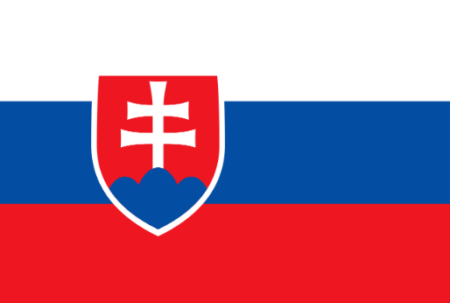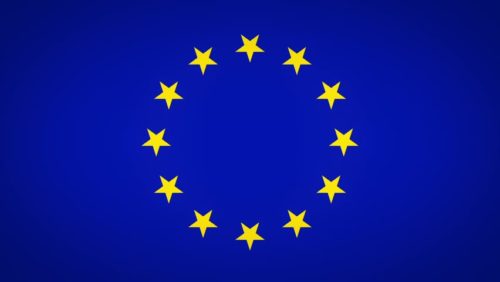Slovakia — Conceptual framework for countering radicalisation and extremism by 2024
This conceptual framework was carefully elaborated on inter-ministerial level and it is a result of multidisciplinary cooperation, inclusive of experts from non-governmental sector represented in the VRAX Committee, established within the MoI. Considering the issue of radicalization towards violent extremism and extremism itself as cross-cutting, whole-society issue, the conceptual framework presents 41 tasks, which will be fulfilled throughout its duration by all relevant subjects.
Preventing extremist radicalization, extremism, as well as combating them, are among the key
priorities of EU security policy. The radicalizing tendencies of individuals and groups adhering the ideologies of extreme opposition to the mainstream ideas, as well as extremist groups
themselves, present a threat to democratic institutions, which act as the principal promoters of the principles of human freedom, dignity and equality. Despite the widespread increase of
extremist manifestations within the EU, right-wing extremism remains their most widespread
form, as is the case in the Slovak Republic.
Aims
The aim of this material is to promote respect for universal values and to prevent the emergence of prejudices, stereotypes and hate speech based on national, racial, ethnic, religious or other intolerance, and to prevent the emergence and spread of attitudes and activities supporting and promoting racism, xenophobia and other intolerances in a democratic society.
The fundamental goal of the conceptual framework is to defend and protect democratic rule
of law, its basic values and attributes and to call for the creation of a strong democratic and political environment rejecting any manifestations of extremism or hate speech based on the grounds of national, racial, ethnic, religious or other intolerances.
Fulfilment of the fundamental goal will be supported by four partial goals through individual
tasks, which will be carry out by various stakeholders alone, or in cooperation with civil society actors:
- Ensure the protection of the foundations of the democratic rule of law and its values, including the safety of the population from actions of individuals or movements advocating extremist ideologies.
By conducting monitoring and analytical activities, contribute to a more accurate knowledge of radical and extremist scene in the Slovak Republic, and use the findings as a base to the re-assessment of the existing legislation, in order to protect the democratic rule of law and the health and safety of the population. - Strengthen the democratic culture in society by raising awareness about human rights and breaking down negative stereotypes.
By strengthening the awareness of human rights and informing about the negative
effects of stereotyping and hateful behaviour online and offline, contribute to the prevention of radical or extremist behaviour stemming from the influences of undemocratic ideologies among the population. - Restore the trust in public institutions and encourage reporting of unlawful activities.
By expanding the professional knowledge of civil servants on the issues of radicalization, extremism and discriminatory behaviour based on racial, ethnic, national or religious intolerance, actively work on creating conditions for restoring the public trust in democratic institutions. - Promote de-radicalization, social integration and social prevention.
By creating support mechanisms, strengthen the inclusion of minorities and marginalized communities, and the work with radicalized individuals through educational activities by providing assistance not only to the victims, but also to the convicted offenders, with the focus on prevention of recidivism.



 NOA is co-funded by the Rights, Equality and Citizenship Programme (2014-2020) of the European Union
NOA is co-funded by the Rights, Equality and Citizenship Programme (2014-2020) of the European Union